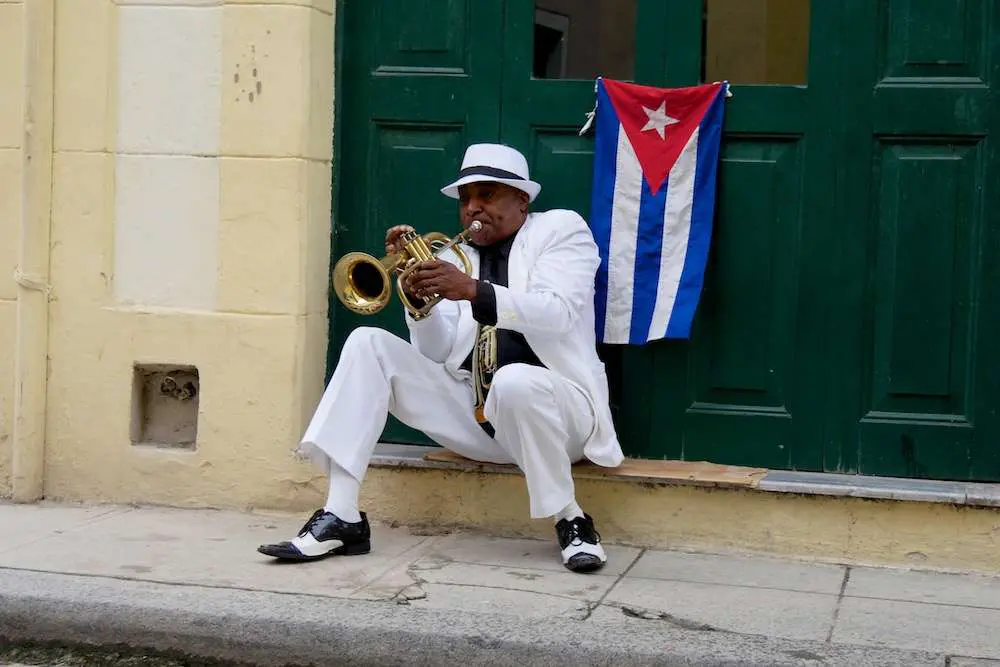As more travelers seek to explore Cuba’s rich culture, beautiful landscapes, and historic cities, one common question arises: Is Cuba safe for Americans? With ongoing changes in Travel regulations and Cuba’s unique social and political landscape, it’s important to understand what American travelers can expect when visiting this island nation.
In this post, we’ll discuss the safety concerns and provide tips for Americans planning to visit Cuba, ensuring they can confidently enjoy their trip.
Cuba is generally considered one of the safer travel destinations in the Caribbean and Latin America. Violent crime is rare, and the government prioritizes maintaining a secure tourist environment. Cuba’s strong emphasis on public safety has made it a popular destination for many international visitors, including Americans.
Like any destination, there are a few key points regarding safety. Petty crime, such as pickpocketing or purse-snatching, can occur, particularly in crowded areas or tourist hotspots. However, standard travel precautions can help ensure a smooth and enjoyable trip.

1. Petty Theft and Scams
While Cuba is generally safe, petty theft, such as pickpocketing, does occur, especially in busy tourist areas like Havana, Trinidad, and Santiago de Cuba. It’s wise to avoid displaying valuable items like smartphones, jewelry, or large amounts of cash. Be cautious when exchanging Money and avoid unauthorized vendors, as scams involving counterfeit bills can happen.
Additionally, some travelers report being approached by locals offering unofficial tours or goods. While these encounters are usually harmless, declining and sticking to official services is best to avoid any potential scams.
2. Transportation Safety
Transportation in Cuba is generally safe, but it’s important to be aware of certain conditions. Public buses (“guaguas”) can be crowded, making them a hotspot for pickpockets. Tourists often prefer using government-approved taxis or private taxis (which are widely available) for more reliable service. Make sure to agree on a fare before getting into a taxi, as meters are not always used.
Car rentals are available but come with challenges such as poorly marked roads, limited signage, and limited availability. If you choose to drive, Exercise caution, especially in rural areas where roads may not be well-maintained.
3. Health and Medical Safety
Cuba’s healthcare system is widely regarded as high-quality, and hospitals in major tourist areas cater specifically to foreigners. However, Americans must have travel insurance, including medical coverage, as U.S. health insurance plans are not accepted in Cuba. In case of minor health issues, pharmacies are readily available, though it’s a good idea to bring essential medications with you, as some items may be difficult to find.
Drink bottled water and avoid eating food from questionable street vendors to ensure a healthy trip. Cuba’s tropical climate also means travelers should use sunscreen and stay hydrated, especially during the hotter months.

One concern for American travelers is Cuba’s political climate and the relationship between the U.S. and Cuba. While diplomatic relations have fluctuated, Cuba has maintained a welcoming attitude toward American tourists. The Cuban government understands the importance of tourism to its Economy, and Americans are treated well.
Traveling under one of the 12 authorized categories set by the U.S. Treasury’s Office of Foreign Assets Control (OFAC), such as “Support for the Cuban People,” ensures you comply with U.S. regulations. By staying in privately owned accommodations, eating at privately owned restaurants, and engaging in cultural exchanges, you can explore Cuba safely while adhering to legal guidelines.
Cubans are known for their warmth and hospitality, especially toward visitors. Many travelers find that engaging with locals enhances their trip and provides a deeper understanding of Cuba’s rich culture. When visiting, it’s essential to respect the local customs, especially in religious or political settings. Learning a few basic phrases in Spanish can go a long way in fostering positive interactions.
Tips for Staying Safe:

Cuba is generally a safe destination for Americans traveling solo, but like any country, it’s important to take additional precautions when navigating a new environment alone. Solo travelers are often attracted to Cuba for its vibrant culture, rich history, and welcoming atmosphere, and many report feeling safe throughout their journey. However, staying vigilant and prepared when exploring unfamiliar surroundings is always wise.
Key Tips for Solo Travelers:
Benefits of Solo Travel in Cuba: Many solo travelers find that being alone allows them to connect more deeply with locals. Cubans are known for their friendliness and hospitality, and engaging with them can provide unique experiences that you might not encounter in a group. When traveling alone, it’s easier to start conversations in cafes, parks, or cultural sites, giving you a more immersive and personal travel experience.
Transportation for Solo Travelers: Cuba’s transportation system is generally safe, but it’s best to use official taxis or private drivers arranged through your accommodation. Solo travelers should avoid hitchhiking or using unofficial taxi services, as these may not be regulated. Additionally, if you’re unsure about public transportation, ask your hotel or host for guidance.

The short answer is yes—Cuba is generally safe for American travelers, provided they follow common-sense precautions and adhere to U.S. travel regulations. The island offers a unique blend of history, culture, and natural beauty, making it a rewarding destination. By staying aware of your surroundings, respecting local customs, and preparing properly, you can enjoy a safe and unforgettable trip to Cuba.
Whether exploring Havana’s vibrant streets or relaxing on a pristine beach, Cuba’s charm and safety make it an excellent choice for American travelers.
Join us for a fully-licensed Support for the Cuban People program by following the link to get more information.
Please know that some links may be affiliate links.
The post Is Cuba Safe for Americans? Your Comprehensive Guide appeared first on Continental DRIFTER®.
Notifications